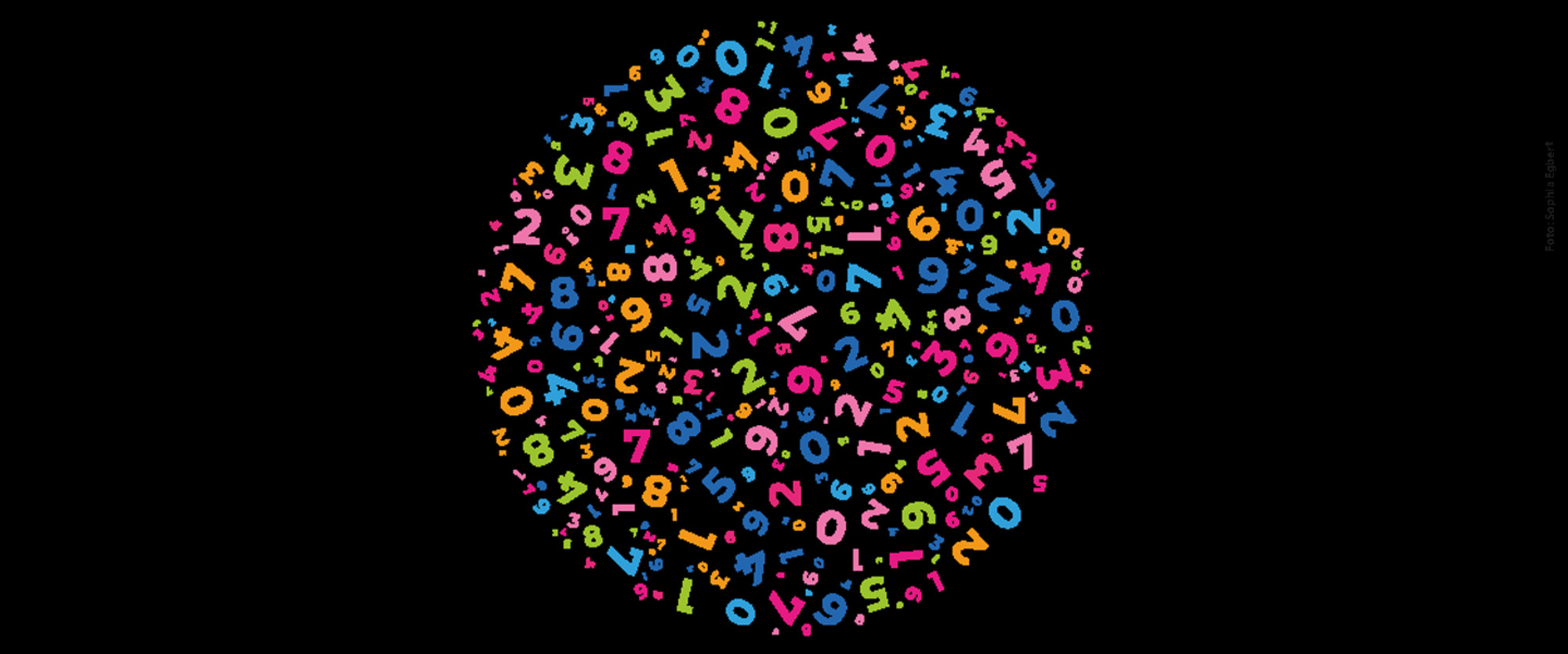8. and 9. June 2023
Skyfall, University of Cologne, A.r.t.e.s Graduate School for the Humanities, Aachener Str. 217, 50931, Cologne.
Organisers: Elio Antonucci, Thiemo Breyer, Gabriele Baratelli.
One of the central topics of Husserl’s phenomenological research since his earliest works has been the status and the possibility of a symbolic knowledge, as it is for instance exemplified by logical and mathematical
sciences.
This enduring interest is motivated by questions that are internal to phenomenology itself. For example, formal sciences, being “empty of content”, seem to provide apodictic knowledge without fulfilling the requirement to “go back to the things themselves” to gain an intuitive justification for their judgments. It becomes then necessary to analyze, on the one hand, the peculiar way of givenness of ideal objects and, on the other, the different modalities of the symbolic expression within the mathematical practice. Furthermore, Husserl’s investigation of the symbolic nature of mathematical sciences can be placed in a particular historical context. The debate on the foundations of mathematics, taking place between the late 19th and early 20th centuries, generated a renovated interest for the structures of mathematical reasoning also leading to the emergence of new methods of formalization of mathematics.
Yet, Husserl’s reflection maintains a clear originality that distances it from other approaches. Husserl’s defense of the objectivity of a priori sciences as well as his reflection on the role of mathematical symbols is not only based on the technical procedure of axiomatization, which is prominent in Russell, Hilbert, and partially in Frege, but focuses on the processes of constitution of mathematical objects. In this sense, Husserl's reflection comes close to other analyses of the time that have pointed out the theoretical limits of the 'logicist' program (such as those of Ernst Cassirer and Charles Peirce).
In this conference we aim to provide an overview of Husserl’s reflection on the nature of mathematical symbols and their role in the constitution of mathematical objectivity. The problem will be addressed first of all historically, by putting Husserlian phenomenology within a broader context of reflection on the role of symbols in mathematics. Moreover, more systematical issues will be discussed, concerning the role played by the phenomenological method in the clarification of the relationship between evidence and symbols and in the functioning of symbols in mathematics in general.
Invited speakers:
Fausto Fraisopi (Freiburg) Dieter Lohmar (Köln)
Claire Hill (Paris) Volker Peckhaus (Padeborn)
Daniel Koenig (Siegen) Frederik Stjernfelt (Copenhagen)
Bruno Leclercq (Liège)
Programm
8 June
13-14 Welcoming and Introduction
14-15 Volker Peckhaus - Problems of Symbolism in 19th and Early 20th Century Logic
15-16 Claire Hill - On Denoting Imaginary Entities
16:30-17:30 Daniel Koenig - Ideal Elements: Ernst Cassirer on the Originary Creative Function of Mathematical Symbols
17:30-18:30 Markus Pantsar - Numeral Words and Symbols and the Development of Arithmetical Cognition
9 June
9-10 Frederik Stjernfelt - Numeral Notation, Counting, and Calculation
10-11 Dieter Lohmar - Intuition in Formal Contexts. Husserlian Considerations on Evidence in Formal-axiomatic Disciplines
11:30-12:30 Bruno Leclercq - Symbolic Evidence in Arithmetic
12:30-13:30 Fausto Fraisopi - For a Phenomenology of Formal Symbolisms
If you you’re interested in attending the conference via zoom, please write an email to:

